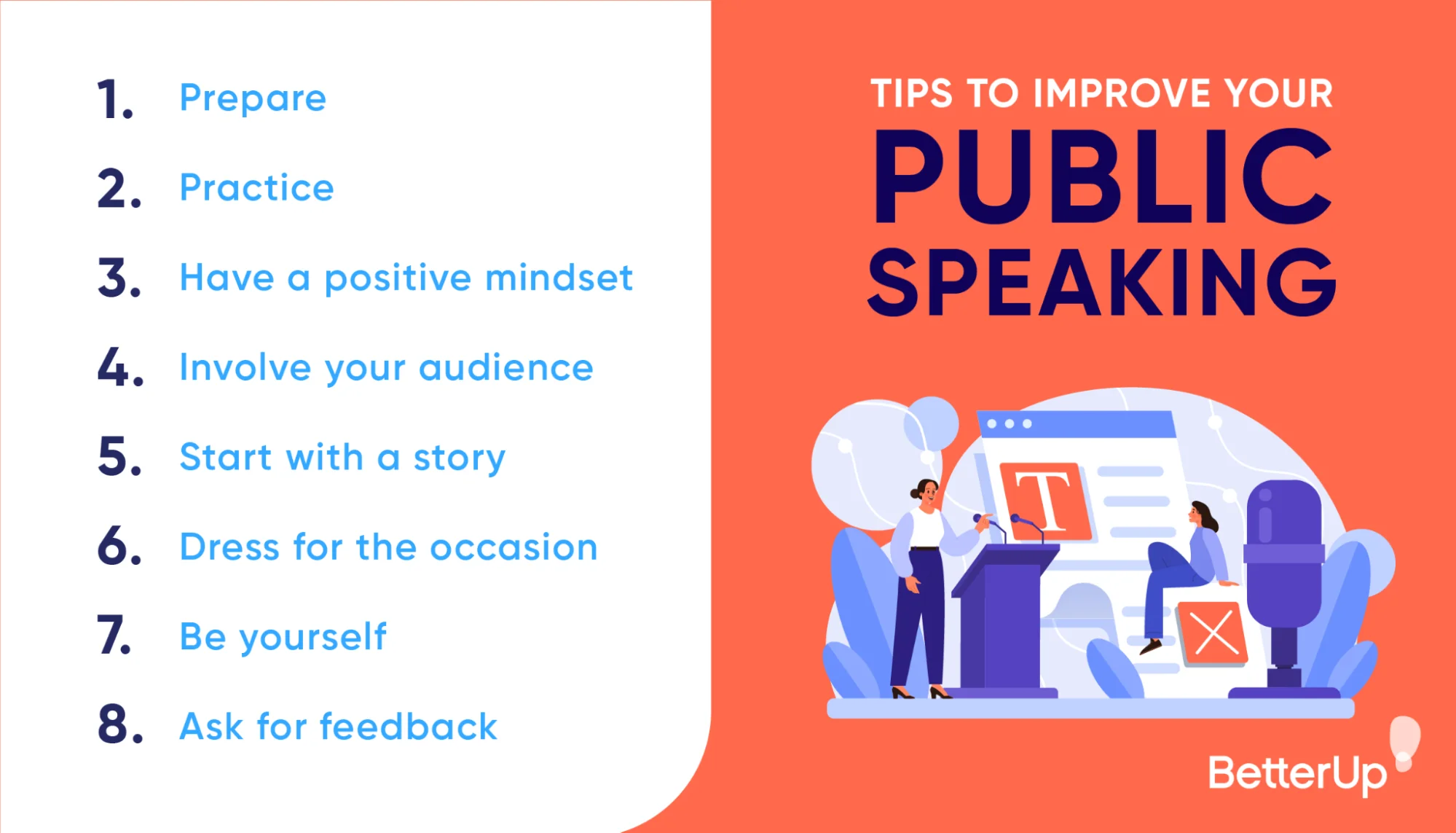How can I improve my public speaking skills?


Public speaking is a skill that can greatly benefit individuals in various aspects of their lives. Whether you are presenting in front of a large audience, leading a meeting, or simply engaging in a conversation, effective public speaking skills can help you convey your message with confidence and clarity. If you find yourself struggling with public speaking or want to improve your skills, here are some tips and techniques to help you become a more confident and effective speaker.
1. Prepare and Practice
One of the most important aspects of improving your public speaking skills is thorough preparation. Take the time to research and gather information about your topic, organize your thoughts, and create a clear and concise outline for your speech or presentation. This will help you feel more confident and knowledgeable about the subject matter.
Once you have prepared your content, practice delivering your speech or presentation multiple times. Practice in front of a mirror, record yourself, or even rehearse in front of a small audience. This will help you become more comfortable with the material and allow you to identify areas that need improvement.
2. Build Confidence
Confidence plays a crucial role in public speaking. To build your confidence, start by focusing on your strengths and positive attributes. Remind yourself of past successes and positive feedback you have received. Visualize yourself delivering a successful speech or presentation, and imagine the feeling of confidence and accomplishment.
Additionally, it can be helpful to join a public speaking group or take a public speaking course. These environments provide a supportive and constructive space for you to practice and receive feedback from others who are also working on improving their public speaking skills.
3. Understand and Manage Stage Fright
Stage fright, also known as speech anxiety, is a common fear that many people experience when speaking in public. Understanding and managing stage fright is essential for improving your public speaking skills.
To manage stage fright, try the following techniques:
– Deep breathing exercises: Take slow, deep breaths before and during your speech to help calm your nerves.
– Visualize success: Imagine yourself delivering a successful speech and receiving positive feedback from the audience.
– Practice relaxation techniques: Techniques such as progressive muscle relaxation or meditation can help reduce anxiety and promote a sense of calmness.
– Start small: Begin by speaking in front of smaller audiences or in less intimidating settings to gradually build your confidence.
4. Utilize Effective Body Language
Body language plays a significant role in public speaking. Your posture, gestures, and facial expressions can greatly impact how your message is received by the audience. To improve your body language:
– Stand tall and maintain good posture: This conveys confidence and professionalism.
– Use hand gestures purposefully: Gestures can help emphasize key points and make your speech more engaging.
– Make eye contact: Establishing eye contact with your audience helps create a connection and shows that you are confident and engaged.
– Smile: A genuine smile can help create a positive and welcoming atmosphere.
5. Engage with the Audience
Engaging with your audience is crucial for effective public speaking. Here are some tips to help you engage with your audience:
– Start with a strong opening: Capture the audience’s attention from the beginning with a compelling opening statement or a thought-provoking question.
– Use storytelling: Stories can be powerful tools to captivate your audience and make your message more relatable.
– Encourage audience participation: Ask questions, invite comments, or conduct interactive activities to involve your audience and keep them engaged.
– Use visual aids: Visual aids such as slides or props can help reinforce your message and make it more memorable.
6. Continuously Seek Feedback and Improve
Improving your public speaking skills is an ongoing process. Seek feedback from trusted individuals, such as mentors, colleagues, or friends, who can provide constructive criticism and suggestions for improvement. Consider recording your speeches or presentations to review and identify areas that need refinement.
Additionally, continue to educate yourself on public speaking techniques and best practices. Read books, attend workshops, or watch videos on public speaking to gain new insights and refine your skills.
In conclusion, improving your public speaking skills requires preparation, practice, and confidence-building techniques. By following these tips and techniques, you can become a more effective and confident speaker, whether you are presenting in front of a large audience or engaging in a conversation. Remember, public speaking is a skill that can be developed and improved with time and effort.
Recent Posts
How do I create an engaging and informative online quiz or assessment?
Creating an engaging and informative online quiz or assessment can be a powerful tool for… Read More
What are the most effective methods for managing and reducing work-related stress in the hospitality industry?
Work-related stress is a common issue in the hospitality industry, where employees often face long… Read More
How can I improve my assertiveness and communication skills in a leadership position?
In a leadership position, assertiveness and effective communication skills are crucial for success. Being able… Read More
What are the key elements of a successful employee recognition and rewards program?
Employee recognition and rewards programs play a crucial role in motivating and engaging employees, as… Read More
How do I effectively manage and respond to customer feedback and reviews?
Customer feedback and online reviews play a crucial role in shaping a company's reputation and… Read More
What are the best strategies for effective time management as a stay-at-home parent?
Effective time management is crucial for stay-at-home parents who juggle multiple responsibilities on a daily… Read More